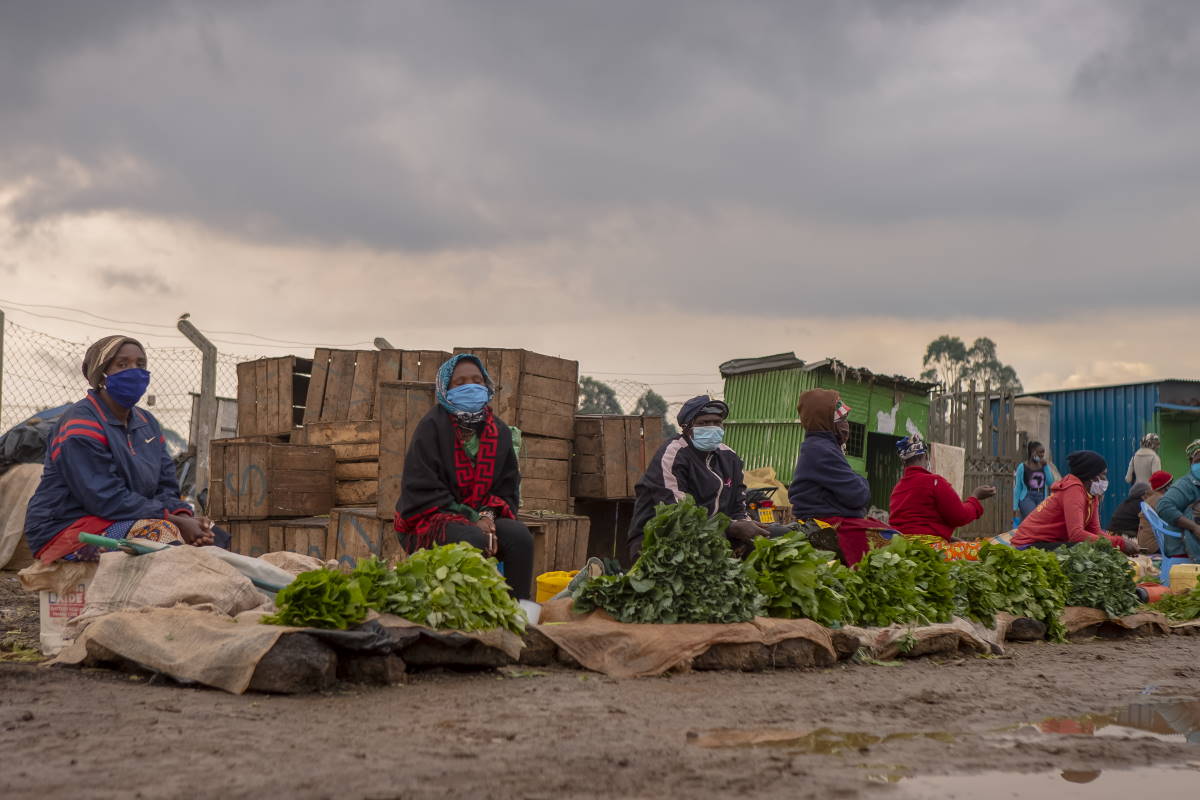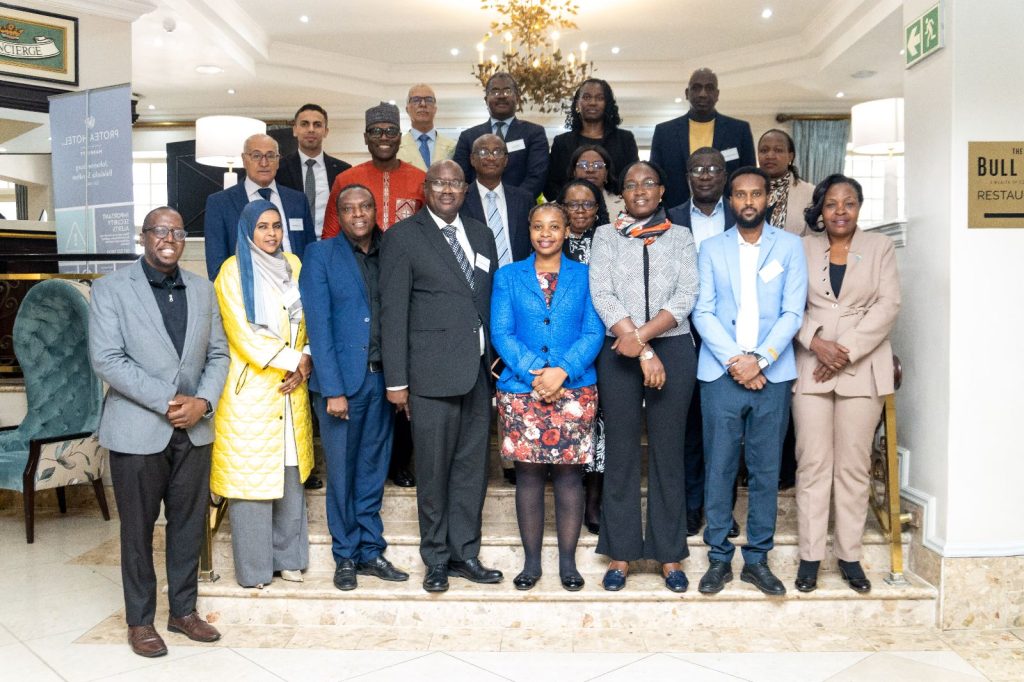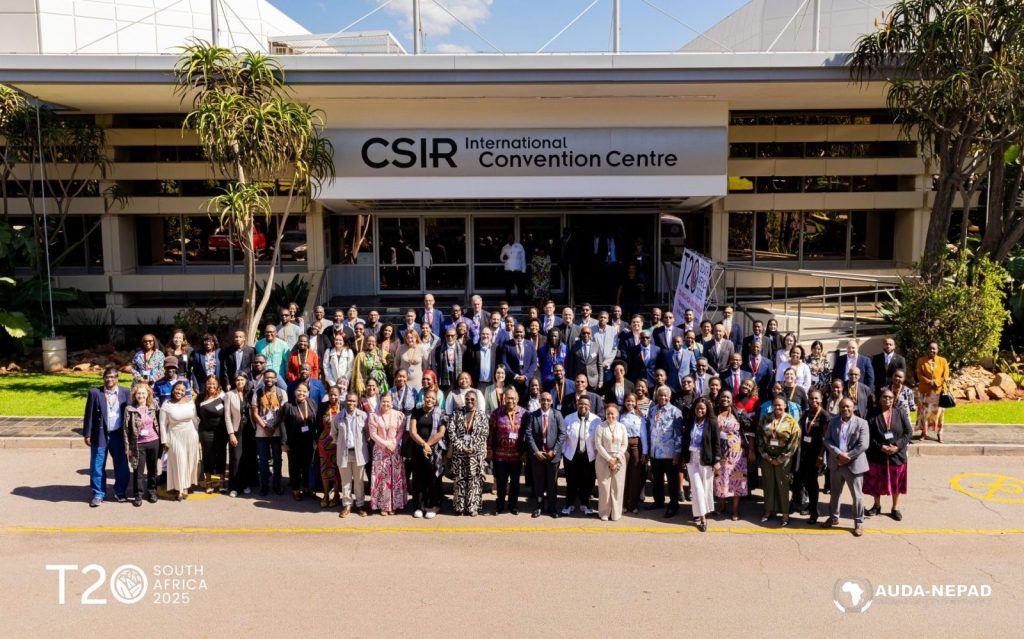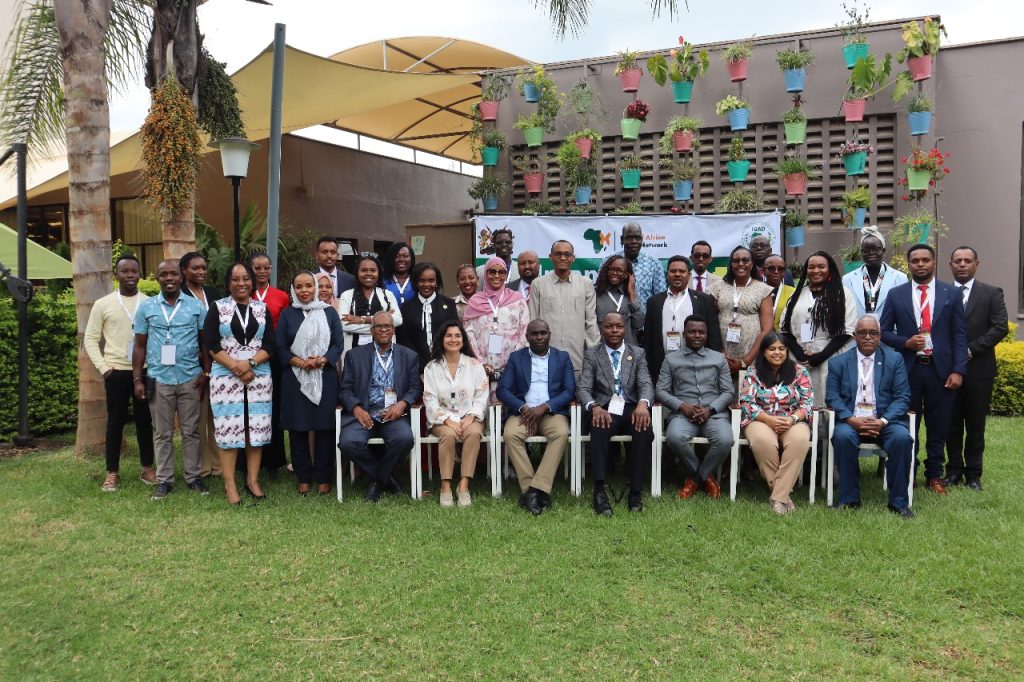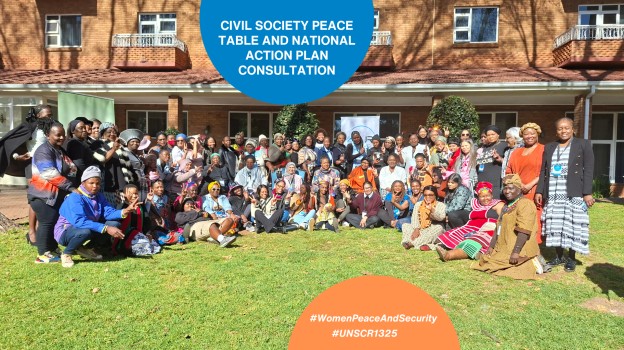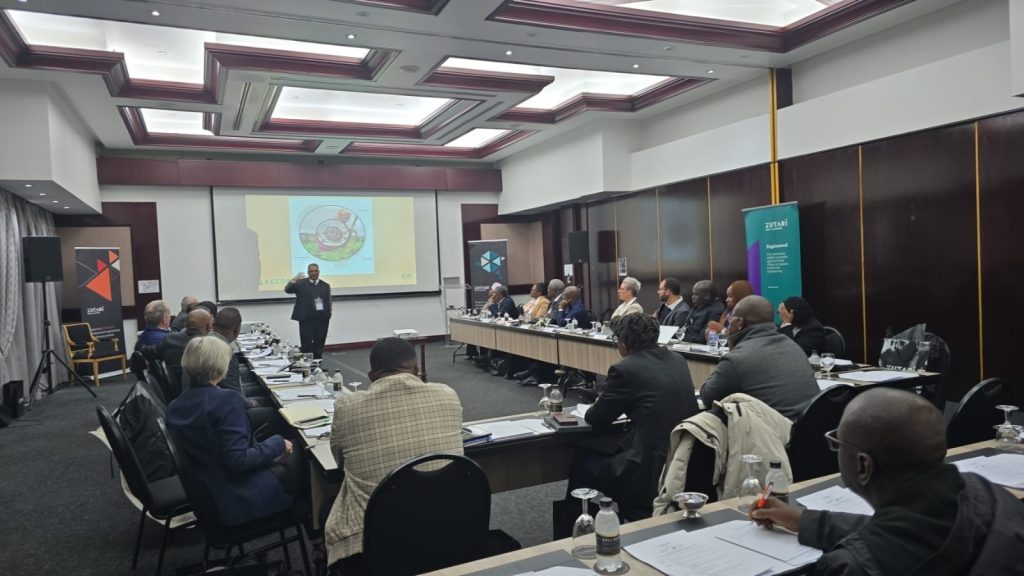COVID-19 has the potential to repress the crucial progress made on gender equality and women’s rights, and has posed extraordinary challenges to the global economy, public health, and social relations. Consequently, the Intergovernmental Authority on Development (IGAD) Women, Peace and Security Forum, hosted by the IGAD Secretariat, in association with the National Democratic Institute, facilitated a series of three online discussions to address the gendered impact of the COVID-19 pandemic in the IGAD region, and how COVID-19 related programmes may be adapted to help ensure responses to the challenges faced.
The discussions were held on the 14th, 15th and 21st of September 2020. ACCORD was represented in these discussions by its General Manager of Operations and Special Adviser on Women, Peace and Security (WPS), Ms. Pravina Makan-Lakha.
Three training sessions were held under the following headings: External Shocks to Women, Peace, and Security & COVID-19 in the IGAD region; Shocks, Gender and Democracy & Online Violence Against Women in Politics (VAW-P) Programming; and Online VAW-P and Gendered Disinformation. These themes were formulated to serve the objectives of the discussions, which included presenting a framework for Shocks, Democracy and Gender, including in the COVID-19 contexts, and enhancing the capacities for conducting online VAW prevention and response programmes.
As part of the second training on 15 September, Ms. Pravina Makan-Lakha, presented ACCORD’s position on COVID-19, gender-based violence (GBV) and the UN in the session entitled, “Shocks, Gender and Democracy & Online Violence Against Women in Politics (VAW-P) Programming in the COVID Era.” Ms. Makan-Lakha directed the discussion to deal with the disproportionate impact that measures to curb the spread of the virus is having on women and girls across the world, but especially on those living in conflict zones or in poverty. Five notable points of where women may be unduly impacted were discussed. These included: the greater exposure or burden of care that women endure as a result of their position as caregivers to children in many societies; the exclusion of women from decision making and policy creation especially regarding the shaping of policy responses to COVID-19; the increased livelihood vulnerabilities of the majority of women who continue to work in insecure and informal employment; the subversion of civil society and women’s rights in crisis settings in that the securitisation of issues and the adoption of extraordinary measures has meant that women’s rights and inclusion have been subverted; and the increase in violence against women and girls.
The discussions in the IGAD region were timely noting the worldwide impact of the pandemic on women, queer, transgender and gender-variant people has been alarming, placing them in vulnerable positions and further isolating them from their usual support and survival networks. Further, the pandemic has shown that throughout the world, gender-based violence (GBV) coupled with the pressures of the pandemic have emphasized that for many vulnerable groups of people, the home is not a safe space but rather a scene of violence, coercion and contestation. On 6th April 2020, the UN Secretary General, Antonio Guterres, made an urgent appeal for a domestic violence ceasefire to address a “horrifying global surge in domestic violence” towards women and girls. Despite this plea, statistics showed that a third of women around the world experienced some form of violence in their lives, even amid the global spread of the virus. On the same day, UN Women Executive Director, Ms Phumzile Mlamba-Ngucka echoed the remarks of the UN Secretary General by referring to the current situation of violence towards women and girls, amid the spread of COVID-19, as a “shadow pandemic.” Her statement noted concerning trends in domestic violence with helplines, shelters and crisis centres around the world reporting increases in domestic and gender-based violence since the advent of the pandemic.
The event highlighted that programming in a COVID-19 context must be alive to the contextual reality we find ourselves in and account for the gendered dimensions. It is essential to ensure that focus be given to addressing and mitigating the gendered impacts of the pandemic. Rapid assessments and responses to the pandemic must be both conflict and gender-sensitive to fully grapple with the shrinking space for women in public and political life, and to make certain that any response draws on the experiences and expertise of women.

